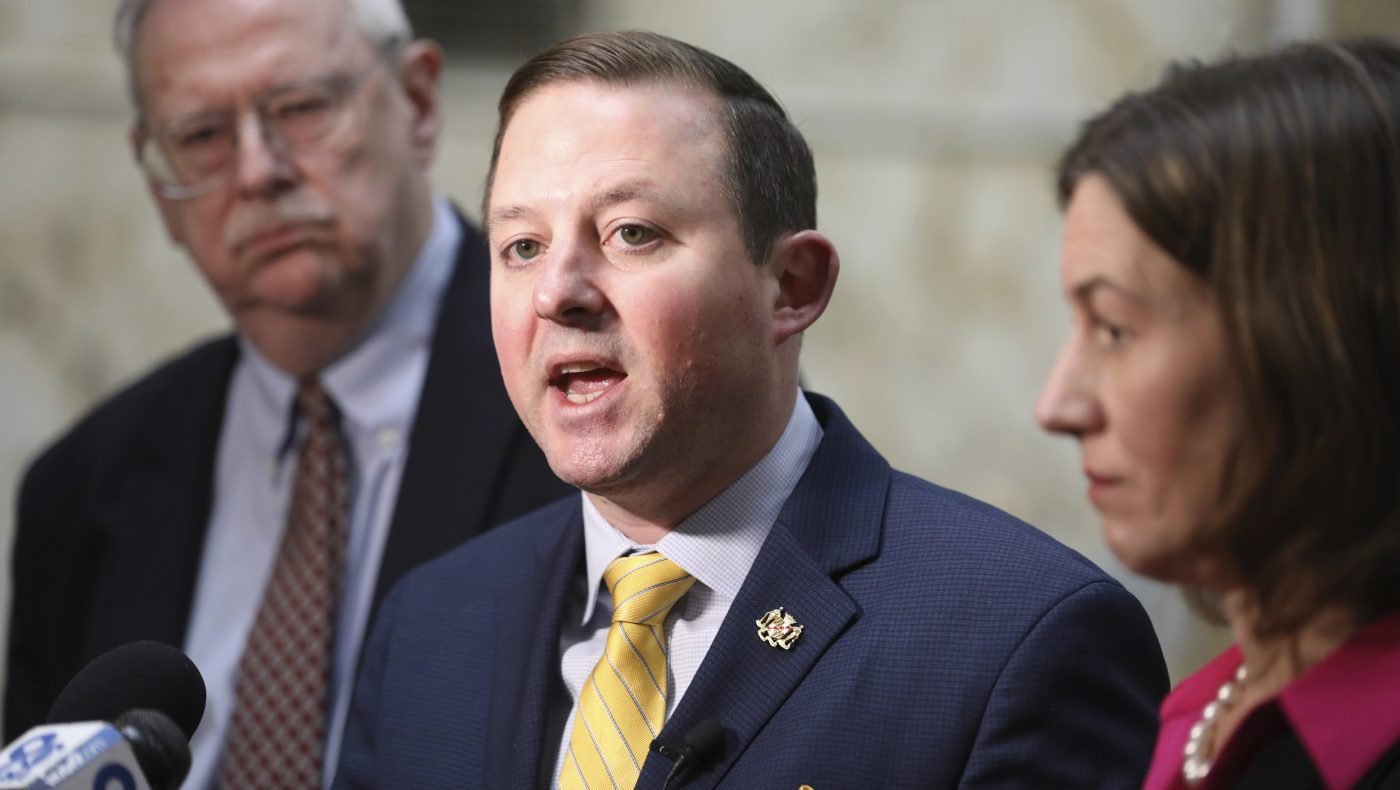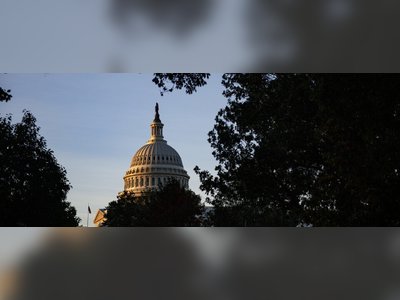
Maryland Senate President Blocks Democratic Push for Mid-Cycle Redistricting
Bill Ferguson rejects calls from Governor Wes Moore and House Speaker Adrienne Jones to redraw Maryland’s congressional map ahead of 2026 elections
Maryland Senate President Bill Ferguson has rejected a push by Governor Wes Moore and House Speaker Adrienne A. Jones to convene a special legislative session for redistricting, effectively halting efforts by Democrats to redraw the state’s congressional boundaries before the 2026 midterms.
In a letter sent to Senate Democrats on October 28, Ferguson said he would not support mid-cycle redistricting, arguing that the legal risks, political backlash, and limited gains outweighed the potential benefit of securing one more Democratic seat.
The decision comes amid a nationwide redistricting battle triggered by former President Donald Trump’s call for Republican-led states to redraw maps in their favor.
Democratic leaders in Maryland, one of the nation’s most reliably blue states, had viewed the effort as a way to offset those GOP moves and target the state’s lone Republican congressman, Andy Harris, a staunch Trump ally.
Ferguson, however, framed the proposal as a distraction from broader policy goals.
“If one seat is the difference between whether or not we are standing up to Donald Trump, then we’ve lost from the beginning,” he wrote, adding that Democrats should focus on economic opportunity and tangible results rather than partisan mapmaking.
He also cautioned that a Democratic redistricting move could prompt Republican-controlled states to follow suit, potentially worsening the party’s overall position in Congress.
Governor Moore and Speaker Jones, who have both endorsed redrawing the map, did not immediately comment.
Ferguson’s stance was described as reflecting the Senate Democratic caucus’s consensus after internal discussions, though no formal vote was held.
His letter compared mid-cycle partisan redistricting to racial gerrymandering, calling it “hypocritical” to condemn one form of voter manipulation while embracing another.
The decision leaves Maryland Democrats divided over strategy.
Some lawmakers, including Senator Clarence Lam and Delegate David Moon, have proposed legislation to revisit the issue once the General Assembly reconvenes in January 2026. For now, Ferguson’s refusal effectively ends the possibility of a special session and signals a preference for stability over short-term partisan gain, even as national Democrats push aggressive map changes in other states.
In a letter sent to Senate Democrats on October 28, Ferguson said he would not support mid-cycle redistricting, arguing that the legal risks, political backlash, and limited gains outweighed the potential benefit of securing one more Democratic seat.
The decision comes amid a nationwide redistricting battle triggered by former President Donald Trump’s call for Republican-led states to redraw maps in their favor.
Democratic leaders in Maryland, one of the nation’s most reliably blue states, had viewed the effort as a way to offset those GOP moves and target the state’s lone Republican congressman, Andy Harris, a staunch Trump ally.
Ferguson, however, framed the proposal as a distraction from broader policy goals.
“If one seat is the difference between whether or not we are standing up to Donald Trump, then we’ve lost from the beginning,” he wrote, adding that Democrats should focus on economic opportunity and tangible results rather than partisan mapmaking.
He also cautioned that a Democratic redistricting move could prompt Republican-controlled states to follow suit, potentially worsening the party’s overall position in Congress.
Governor Moore and Speaker Jones, who have both endorsed redrawing the map, did not immediately comment.
Ferguson’s stance was described as reflecting the Senate Democratic caucus’s consensus after internal discussions, though no formal vote was held.
His letter compared mid-cycle partisan redistricting to racial gerrymandering, calling it “hypocritical” to condemn one form of voter manipulation while embracing another.
The decision leaves Maryland Democrats divided over strategy.
Some lawmakers, including Senator Clarence Lam and Delegate David Moon, have proposed legislation to revisit the issue once the General Assembly reconvenes in January 2026. For now, Ferguson’s refusal effectively ends the possibility of a special session and signals a preference for stability over short-term partisan gain, even as national Democrats push aggressive map changes in other states.











